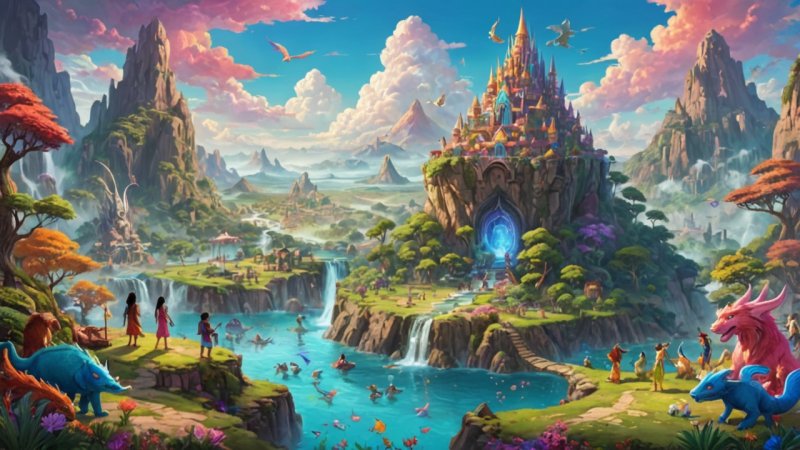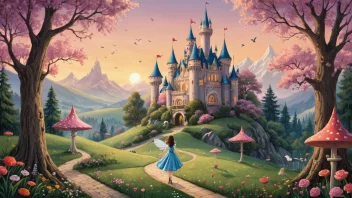Fantasy literature has long been a refuge for readers seeking to escape reality, yet it also serves as a powerful lens through which we can examine complex social issues, including race and ethnicity. As authors craft worlds filled with magic and mythical beings, they often draw parallels to the real world's struggles and triumphs. This listicle delves into several notable ways in which fantasy literature addresses race and ethnicity, showcasing how these narratives not only entertain but also provoke thought and inspire change.
World-Building and Cultural Representation
Fantasy authors have the unique opportunity to create entirely new worlds that reflect diverse cultures and histories. By incorporating elements from various ethnic backgrounds, writers can build rich tapestries that resonate with readers. For instance, authors like N.K. Jemisin in her Broken Earth trilogy, explore systemic oppression and cultural identity, challenging readers to reflect on their own societies. This kind of representation can help marginalized voices find legitimacy and visibility in literature.
Allegory and Social Commentary
Many fantasy stories use allegory to address issues of race and ethnicity in a way that speaks to the human experience. J.R.R. Tolkien's The Lord of the Rings, for example, subtly reflects on themes of colonialism and the 'otherness' of different races, allowing readers to engage with these issues in a fantastical context. Similarly, authors like Octavia Butler have used science fiction elements to delve into the complexities of race relations, with works like Kindred providing profound insights into the historical struggles of African Americans.
Empowerment through Character Development
One of the most powerful aspects of fantasy literature is its ability to empower characters from diverse backgrounds. Through their journeys, readers witness growth, resilience, and the fight against prejudice. Books like Children of Blood and Bone by Tomi Adeyemi highlight the importance of reclaiming one's identity and culture in the face of oppression. By featuring protagonists who confront and overcome racial challenges, these narratives inspire readers to believe in their own strength and agency.
Intersectionality in Fantasy Narratives
Modern fantasy literature increasingly embraces intersectionality, acknowledging that race, gender, sexuality, and other identities intersect to shape individual experiences. Authors like Rainbow Rowell in Carry On and Malinda Lo in Last Night at the Telegraph Club weave together diverse characters, demonstrating how various facets of identity influence their stories. This approach not only enriches the narratives but also fosters a deeper understanding of the nuances of race and ethnicity in contemporary society.
Community and Solidarity in Magical Realms
Fantasy literature often emphasizes the importance of community and solidarity, particularly in the face of racial and ethnic discrimination. Books like The Poppy War by R.F. Kuang illustrate how characters unite across cultural divides to confront shared adversities. This theme resonates with readers, reminding them that collective action and understanding can lead to progress and justice, both in fiction and in reality.
In conclusion, fantasy literature serves as a vital space for exploring issues of race and ethnicity, offering readers both escapism and insight. Through world-building, allegory, character empowerment, intersectionality, and themes of community, these stories encourage reflection on our own societies while fostering a deeper appreciation for diverse narratives. As readers embark on these fantastical journeys, they not only encounter magic and adventure but also engage with powerful discussions about identity and belonging in the real world.






